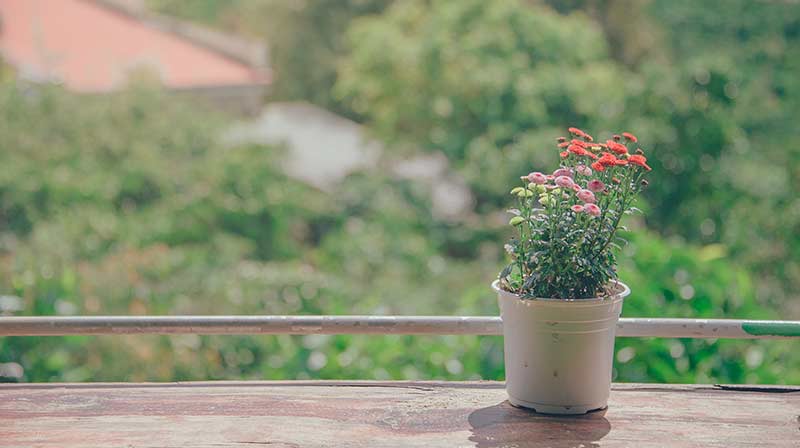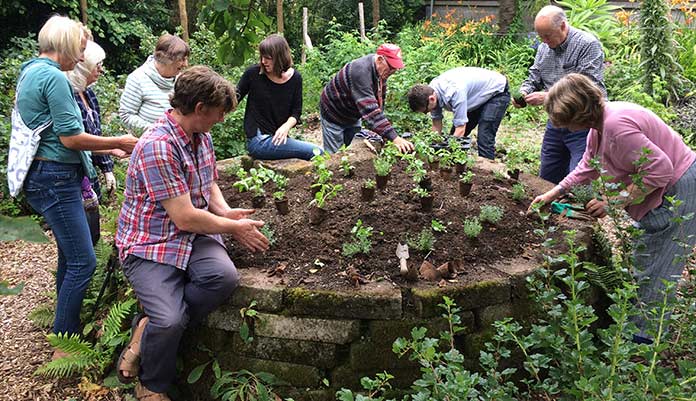Time to introduce a guest blogger…or two. Bernie DeLord and Jenny Tarvit are the Directors of Promas, a Community Interest Company in Cornwall. They created it to provide vital support to unpaid carers in the county, offering advice, skills development and knowledge through free courses. Here they talk about how it began, how they are continuing to support through the pandemic and exciting future plans:

Promas CIC started in 2013 after identifying a need for support for carers in Cornwall and for the past two years, in partnership with Devon Carers, we have extended our face to face courses into Devon to give carers there the opportunity to attend our training.
It all began with a pilot programme of courses which proved extremely helpful to carers and provided much needed evidence that this was essential support. A successful lottery grant meant we could start a programme and suitable courses were identified through consultation with carers. The most exciting thing about the grant was finally being able to get an office and move out of Bernie’s front room and gain Admin support!!
The organisation supports carers through free face to face courses, social events, and online courses. Participants have shared their stories with us and helped us to develop even more services by sharing what they need and participating in our research.
Since March and Covid 19 we have introduced a helpline, developed our online courses (dementia online courses coming soon!) and are running many courses on Zoom.
We have also been talking to people who do not enjoy Zoom or online and trialing one-to-one sessions by telephone starting in November through to December. Carers can choose the course they want to do, pick three dates and three times. We realise the difficulties they experience so want to support them in a variety of ways.
Starting in February 2021 we are running a new activities project for carers who are isolated and/or lonely to help them make connections in their communities. This will enable them to take part in regular activities be it photography, walking, tai chi or swimming or attending a support group on a weekly or fortnightly basis. This will give people the opportunity to be with other carers and have fun, relax and take part in activity of their choice.
Jenny and Bernie,

You can find out more about Promas courses on their website: https://promas.co.uk/
email: info@promas.co.uk Telephone helpline: 01736 339226
mobile: 07775 756457 or 07435 870587













